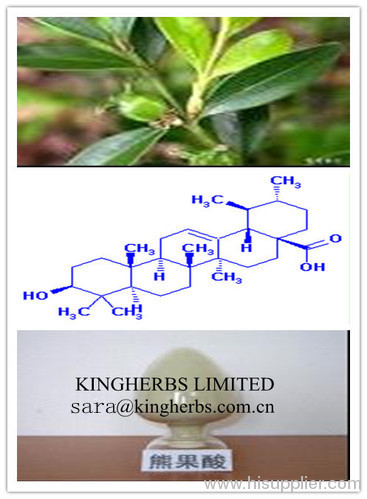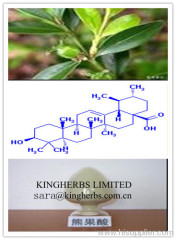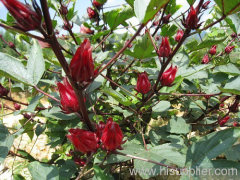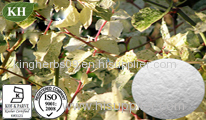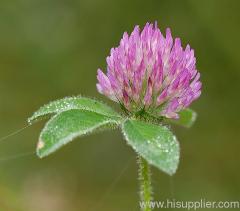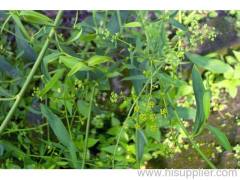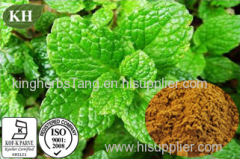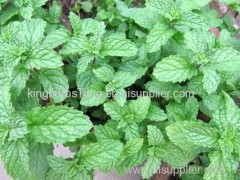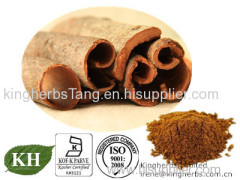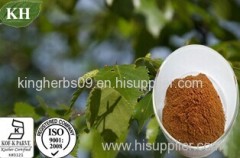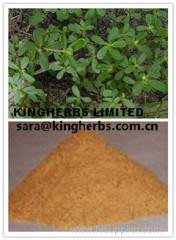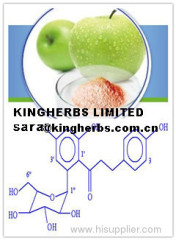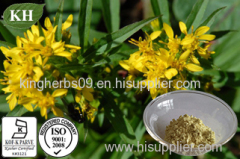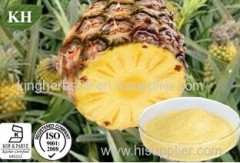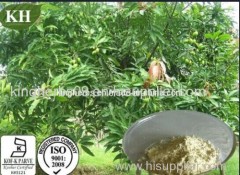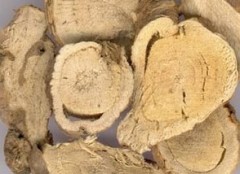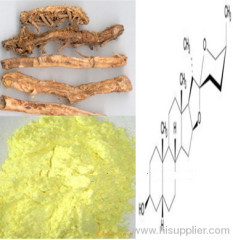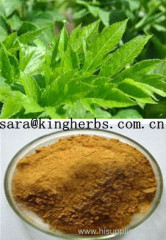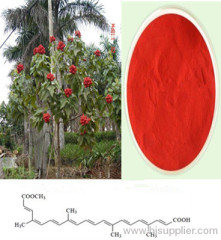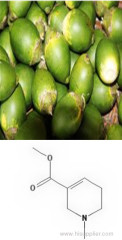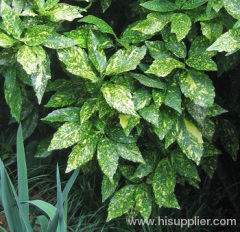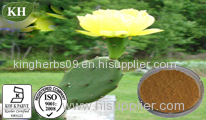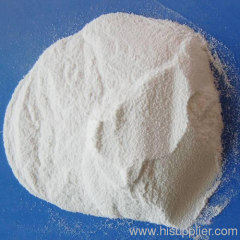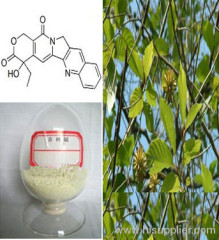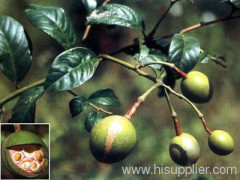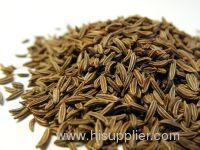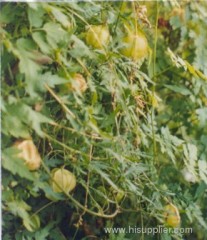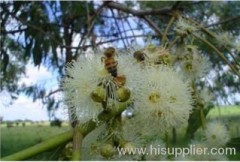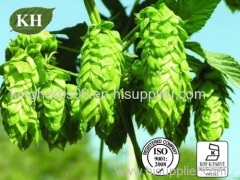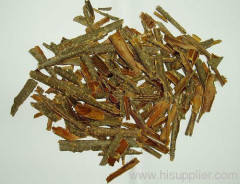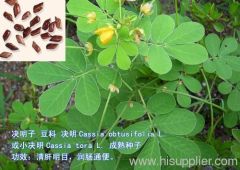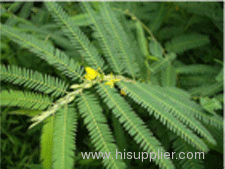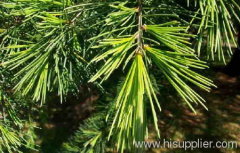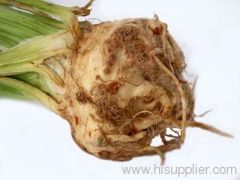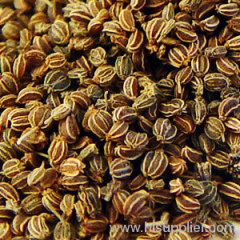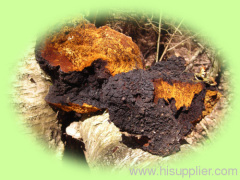
|
KINGHERBS LTD OF CHANGSHA
|
China Ursolic Acid byHPLC
| Price: | 1.0~100.0 USD |
| Payment Terms: | T/T,L/C,D/P |
| Place of Origin: | Hunan, China (Mainland) |
|
|
|
| Add to My Favorites | |
| HiSupplier Escrow |
Product Detail
China Ursolic Acid
Specification:25%,50%,90%,98%,99%;
China Ursolic Acid
Synonyms: Malol; micromerol; urson; prunol; (3b)-3-hydroxyurs-12-en-28-oic acid.
Chemical Name: (3Beta)-3-hydroxyurs-12-en-28-oic acid
Product Origin: Rosemarinus officinalis L.
Appearance: White to yellowish green powder.
Solubility: Insoluble in water, soluble in ethanol, no extraneous substance after being dissolved.
Odor & Taster: Characteristic.
Molecular Formula: C30H48O3
Molecular Weight: 456.68
CAS#: 77-52-1
Specification: Ursolic acid 25%, 50%, 90%, 98%, 99% HPLC.
Test Method: HPLC.
Description: Ursolic acid is a pentacyclic triterpenoid compound present with its isomer oleanolic acid in many plant kingdom. They may occur as aglycones of glycoside molecules or in their free form. Ursolic and oleanolic acids are known to have pharmacological effect for skin cancer therapy. Ursolic acid is present in many plants, including apples, basil, bilberries, cranberries, elder flower, peppermint, rosemary, lavender, oregano, thyme, hawthorn, prunes. Apple peels contain high quantity of ursolic acid and related compounds which are responsible for the anti-cancer activity of apple. Ursolic acid can also serve as a starting material for synthesis of more potent bioactive derivatives, such as anti-tumor agents.
Function:
1. Hair growth stimulant;
2. Antimicrobial activity;
3. Anti-aging agent;
4. Anti-inflammatory activity;
5. Inhibition of HIV;
6. The role of stability and calm.
Action:
Ursolic acid treatment improves the health of skin and hair. Ursolic acid and its derivatives form oil-resistant barriers on the skin and hair, just as they form the waxy coating of fruits. Ursolic acid has been used to treat photoaged skin, because it inhibits the appearance of wrinkles and age spots by restoring the skins collagen bundle structures and elasticity. Ursolic acid inhibits the action of elastase enzyme in the skin, thereby preventing the enzyme from attacking structural proteins. Ursolic acid also inhibits the inflam-matory enzymes cyclooxygenase and lipoxygenase.
Over 700 published studies have explored the pharmacological effects of ursolic acid in many human, animal, and cell models. This research has elucidated several properties useful in the management of human pathological conditions.
Toxicity
At this time, no known toxicity has been recorded regarding the use of ursolic acid. This includes both oral and topical applications. This chemical is found in many healing botanicals and used throughout different traditional systems of medicine.
Dosage
While studies have used dosages ranging from 10 – 3000 mg, the average treatment dosage appears to be between 250 and 500 mg a day. Many products in the health food marketplace appear to be herbal extracts like Holy Basil yielding about 2.5% ursolic acid.
Characteristic:
1. The factory have passed the ISO9001;
2. We inspect the manufacture process strictly and the quality can be controlled;
3. We supply high quality products, reasonable price.

